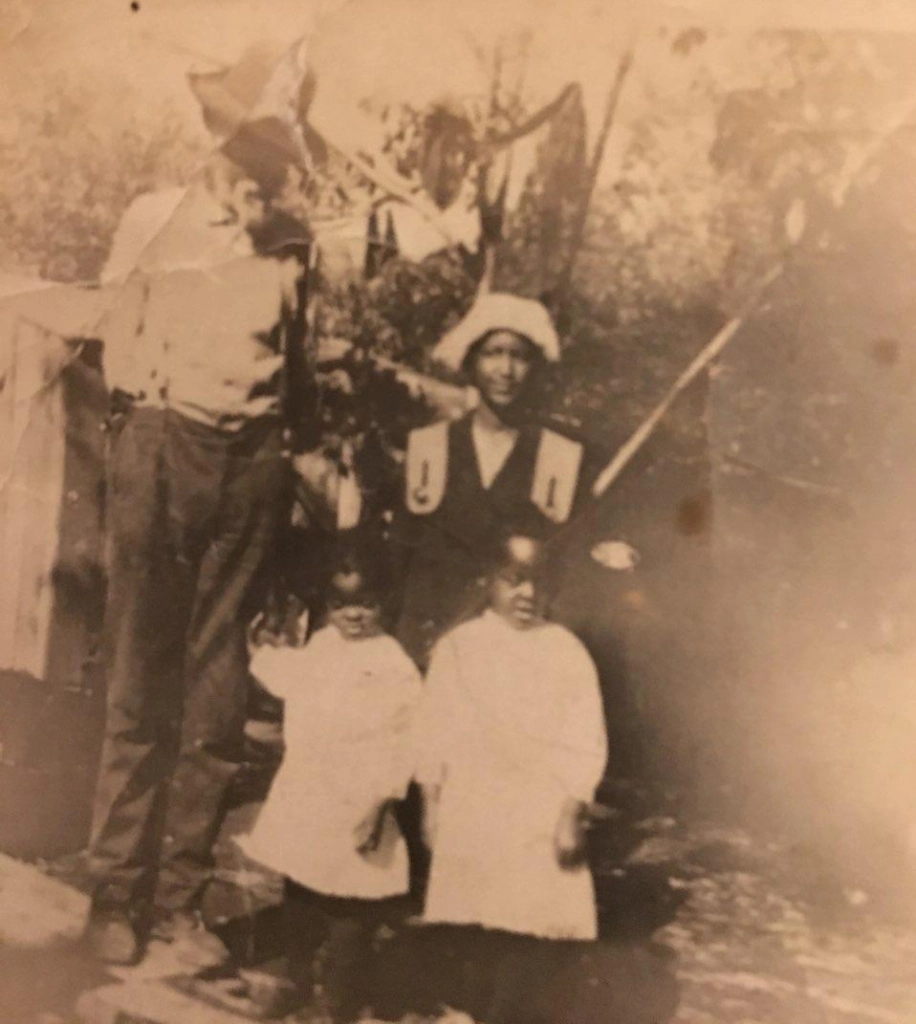Home of Jacob Earnest
208 S. East Street, Homer, IL
Jacob Earnest arrived in Vermilion County, Illinois, in 1871 from Greene County, Tennessee, where he and his family had been enslaved. By 1880, he was working 404 acres of farm, pasture, and forest land around Carroll in Vermilion County and Homer in Champaign County, adding 80 acres in 1885. In 1897, he bought his Homer home and the adjacent lot. (The house presently at this location is not the original.) A respected farmer, blacksmith, teamster, and harvester, he was known for creating a steam powered horse drawn thresher machine and established his own threshing ring to harvest farms in the area.
Jacob Earnest’s Grave: Lost Grove Cemetery, County Road 2500 E just west off County Road 800 N, 13 miles from Urbana, IL. Jacob Earnest’s grave is unmarked.
Decade:
1890-1899
People:
- Jacob Earnest
Location(s):
- Homer, Illinois
Additional Homer Trail Sites

